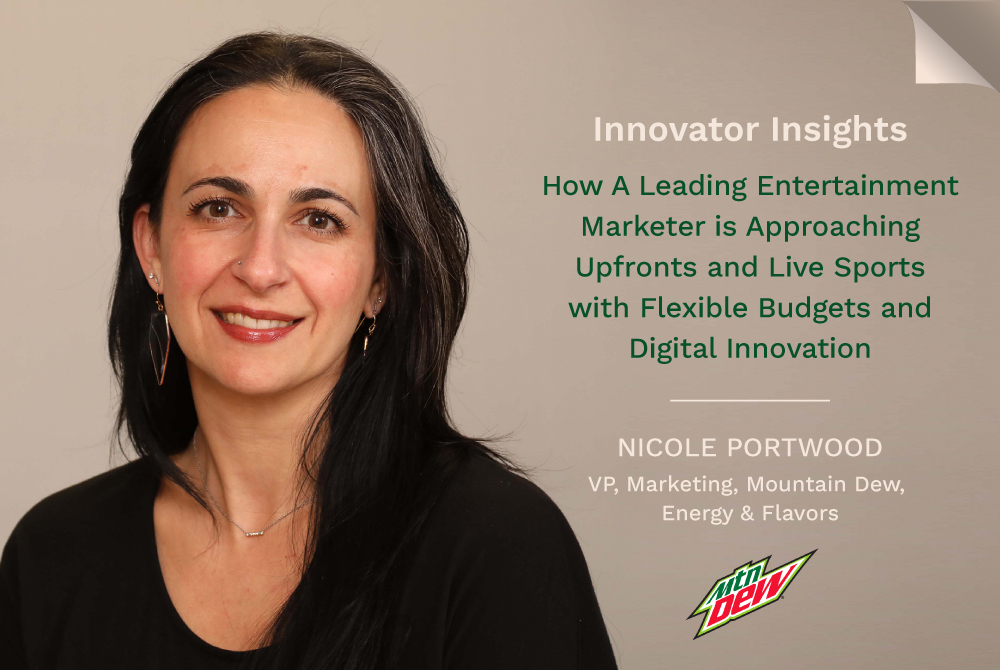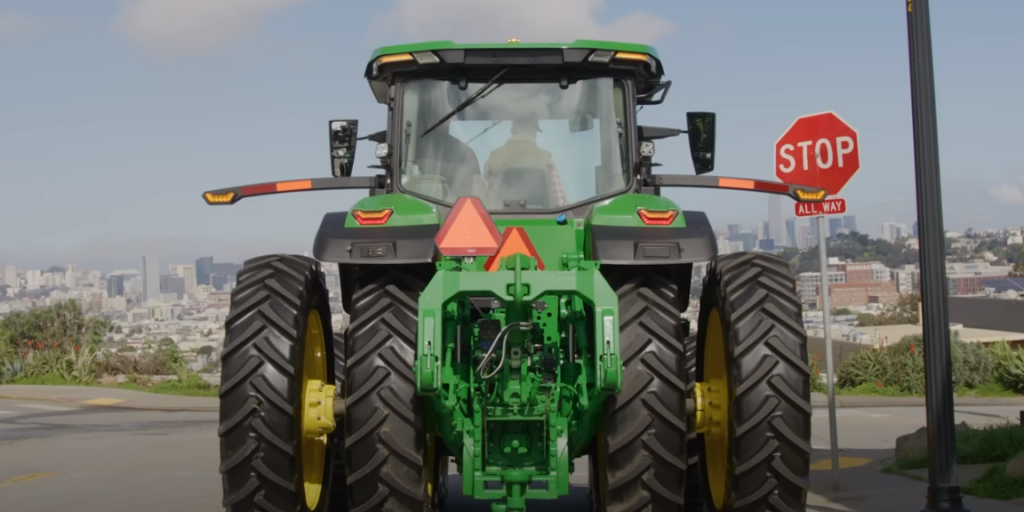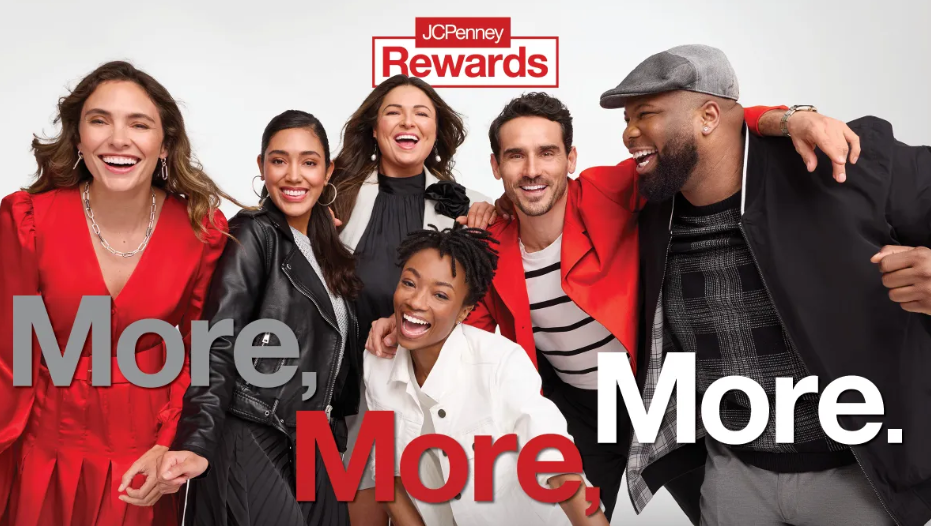As Vice President, Marketing – Mountain Dew, Energy & Flavors, Nicole Portwood oversees one of PepsiCo’s most influential portfolios when it comes to entertainment marketing.
A longtime integrated sponsor of the NBA, action sports and music, among many other platforms, Mountain Dew and its sister brands spend upwards of $100 million a year on media campaigns that have shaped pop culture for decades. Earlier this year saw the debut of Mountain Dew Zero Sugar, which aired its first Super Bowl commercial starring Bryan Cranston and Tracee Ellis-Ross in a humorous take on “The Shining” to help illustrate how the low-calorie alternative to the citrus soda was “As Good As The Original.”
As Dew’s product identity takes on different forms (Portwood also oversees energy drinks like Mountain Dew Amp and Game Fuel as well as spinoffs like Baja Blast), so does its marketing strategy. The “unpredictable” events of 2020 have forced Portwood and her team to think faster and with more room for pivots than ever before, particularly when it comes to this year’s upfront marketplace.
“The notion of flexibility is going to have an impact on how we go to market from a media perspective for 2021,” says Portwood. “I’ve been pushing on the media agencies to pull back on those upfront budgets as a total of our resources. You can’t bring the Q4 budget arm and just sweep everything that’s not bolted to the floor, because that disincentivizes us from being flexible and engaging media that better matches a consumer’s journey. We need to be a lot more connected to the way people behave and consume media, and not these old-fashioned ways of ‘set it and forget it’ investments.”
Accelerating COVID-19 relief efforts for PepsiCo’s supply chain has also been a major priority, following the PepsiCo Foundation’s $7 million commitment in May to provide increased medical and economic aid to communities of color, including $1 million commitments each to National Urban League and UnidosUS for black and Latinx individuals.
All these changes come during a time when Portwood is still assessing what the new normal looks like for the soft drinks business. For more insights from Portwood as well as senior marketers from Kellogg, Dano’s Tequila and Athleta, register for Brand Innovators’ CPG & Retail Summit on Tuesday June 23 HERE.
“The retail landscape has been wild, purchase behaviors are not on their normal cadence,” Portwood says. “There’s been a massive shift in where people are buying. We used to see tremendous single-serve purchase activity in convenience and gas channels, but because people haven’t been commuting as much, everyone’s buying in mass and club stores and grocery and bulk buying. It’s really difficult to look at year over year trends right now. Everything been blown up.”
Brand Innovators caught up with Portwood from her home in Dobbs Ferry, New York, for an in-depth glimpse at how she’s shifted her retail and media plans at record speed over the past three months, as well as her take on how brands can help innovate the return of live sports. The conversation has been edited for length and clarity.
Brand Innovators: Mountain Dew Zero Sugar has become an increasingly important brand to your portfolio with this year’s Super Bowl spots. What other types of Dew flavors and caloric alternatives seem to be resonating with your consumer targets?
Nicole Portwood: What we’re seeing from Dew Zero Sugar is what we hoped to see, which is that we finally were able to fill a gap in our portfolio for people who loved Mountain Dew but for whatever reason feel they can’t drink the full calorie version to the same degree they had been before in their lives.
It’s been awesome. In general, the Zero Sugar soda category is growing exponentially faster than the rest of the category. And what you’ll see from Dew in the coming year and hopefully years is a greater emphasis on Zero Sugar. We launched Zero Sugar in January, and as part of our Baja Blast retail rollout, we also included a Baja Blast Zero option. We previously had that on fountain at Taco Bell in 2019 in 7,000 locations as a way to test and see how people felt about it. It did so well, so we decided to put it on bottle and in cans and we’ve seen lots of incrementality there.
And just anecdotally, I watch all the Reddit conversations about our brand between consumers. I’m such a lurker because we’re not part of those forums, but they’re so much fun to read. It’s a small sample size, but this is your most rabid fandom. These are the people who take time out of their day to take pictures of their bottles and talk with other people who are passionate fans of the brand. And on the whole Dew Zero Sugar and Baja Zero Sugar have been well received. I’ve been seeing a lot of, “Oh my God, I’ve been waiting for this now I can drink my Baja Blast again, or now I can drink Dew again.”
Q: What have the last three months looked like from a pivot perspective? Where have you had to pull back, and what platforms have you prioritized?
Nicole Portwood: From a purchase behavior standpoint, it’s really been a lot of stocking up. People are buying a lot of our take-home packs and cans, and buying a lot less single bottles people are buying in convenience stores. But we have not seen a slowdown in the love for Dew, and we’ve actually seen volume increases based on those bulk purchases. I do think there’s something about the nostalgia of Dew in the comfort of the indulgence for a lot of people that has arisen during this really difficult time. We’re all quarantining and trying to find ways to make ourselves feel comfortable and less anxious as we do what we can to navigate through this COVID-19 crisis.
We have a program called DEWnited that was slated to launch at the end of May. We made the decision to move forward with that, and DEWnited is in market right now. The core of the program is to collect all 50 state labels, with every bottle giving you an opportunity to win $1 million. We really took a close look at the program and the messaging around it and felt like this idea of being united and standing together and in solidarity in the COVID crisis, the idea of celebrating all the things that make this country beautiful and giving you a way to virtually explore the country felt like the right thing during this time.
Q: What has this pandemic period taught you about planning cycles, and where they can be abbreviated going forward?
Nicole Portwood: We have extraordinarily long lead times. To develop something that’s new to the world at PepsiCo is a two-year process. So when you’re in the moment where the world is changing or uncertain, that has an impact on plans that have been baked for 8 to 12 months or 18 months in some cases.
I challenged my team to look at the balance of 2020, and then let’s take a really hard look at our 2021 plans and find those places where changes in the world are going to change whether we do something or how you do it. I’ve had countless sleepless nights where I try to plan for June of 2021 when I don’t even know what June of 2020 is going to look like.
Q: Have you pulled back your overall marketing spend for 2020 so far, and if so by how much?
Nicole Portwood: I don’t have an exact number, but we have significantly invested in the upfront through Q3 and we will have significant investments in TV. And that has put a lot of pressure on our more flexible investments like digital. For a brand like Dew and for a marketer like me that is really tough because digital is where we really get to engage with our fans, it’s put a lot more pressure on how we do that organically through social and find scrappy ways to reach them.
I coined a phrase in my Tito’s days: “rub two pennies together and make it look like 100 bucks.” Once you quit whining about resource constraints and get to the work, you will be explosively creative. That’s one thing I learned from my time at Tito’s. We were fighting in a very difficult category against multinational corporations with huge portfolios and deep, deep pockets and I worked for a guy named Tito who made one thing. We had no money, but we had the passion and the drive and the scrappiness really led to breakthrough strategies and made an impact in a very competitive category. I think it makes us better marketers and think outside our normal processes, which is where growth happens. I’m very proud of where we’ve put those resources which is safety, donations to causes helping us recover from the crisis.
I recognize the efficiency of the upfront, don’t get me wrong, but we’re fighting for a lot more flexibility so we don’t find ourselves in a situation where when you’re trying to pull back budgets all you’re left with is your linear TV plan.
Q: You were one of the founding advertisers on Quibi. How has it been performing for you so far, and will you remain committed to the platform going forward?
Nicole Portwood: I think Quibi is such an exciting platform. I’m happy to see that they pivoted and offering the content streaming on televisions, it’s a really smart move that I think will help to grow the platform. I do think it Is going to be a next-gen platform that closely matches the way we in modern society like to fill our moments with things that are educating, informing and entertaining us. And we don’t always have an hour to sit and watch something or even half an hour to do that. I have two young children, so for me these snatched moments of time for myself with Quibi is a really powerful tool to connect with people in that setting. I do think it’s going to take them longer to build the platform because of the situation that we’re in. They’ve got some of the greatest minds in media and entertainment and I do believe it’s going to be a game changer.
Q: Mountain Dew has been a longtime supporter of sports, especially action sports. How are you adjusting your support of those leagues and communities?
Nicole Portwood: We have been partners of the NBA for the past five years formally, and action sports has been a huge part of the brand’s DNA. Twice a year we have The Dew Tour, which is skate in the summer and snow in the winter. Winter Dew Tour will return to Copper Mountain in February 2021; while in May 2021, summer Dew Tour will continue as an Olympic qualifier in partnership with World Skate, serving as the last qualifier in the U.S. before the Tokyo Games. We’re waiting for the NBA to tell us about what the 2021 tipoff and season looks like.
What I think I’ve seen fail miserably for lots of brands and entertainment and sports leagues teams is the attempt to replicate an IRL experience virtually. It doesn’t work. The striking realization is that we can’t just take stuff we were doing in the real world and put it online and expect it to be as impactful. What we need to do is redesign experiences virtual first. That’s not happening right now. What is happening is this attempt to just put it online and it’s not engaging, it doesn’t have the same energy and I don’t think it’s a recipe for success for the future.
My husband is a European soccer league fan, and we’re watching a lot of the no fan games and it’s a very different experience. But everyone —the refs, the officials, the ball boys, everyone is tested and then everyone not on the field is wearing masks. What we haven’t cracked yet is what’s the opportunity to create something that elevates the experience for fans without the ability to be there. What does that look like? Is it something you do on your mobile phone? Do you pipe in the sounds of people from home? There are creative solutions to this, but they don’t look like taking the real experience and putting it online. How could you be in Brazil and not hear a vuvuzela at a football match?
Q: Let’s talk about what’s happening right now with the protests for black justice and Black Lives Matter. Given Mountain Dew’s long history with the black community, what do you plan to do as a brand to connect with the movement that’s taking place?
Nicole Portwood: Our CEO, Ramon Laguarta, [on Tuesday] shared our plans in an open letter. In the letter, Ramon acknowledges “Whilst there are areas we have made progress in the fight against systemic racism and inequality—including pay equity and the diversity of our frontline workforce—we know we cannot keep pointing to what we did decades ago. The promise of our journey remains unfulfilled. We have much work to do going forward, and to echo Dr. Martin Luther King, Jr., ‘The time is always right to do what is right.’” The multifaceted approach he goes on to outline pledges over $400 million over 5 years to address inequality and create opportunity focused on three pillars: People, Business, and Communities.
I am extraordinarily proud of the commitments we are making to support the Black community internally and externally, and to work for a company which unabashedly believes Black Lives Matter.
Andrew Hampp is an entertainment marketing consultant for Brand Innovators and the founder of consultancy 1803 LLC, based in Berkeley, California




